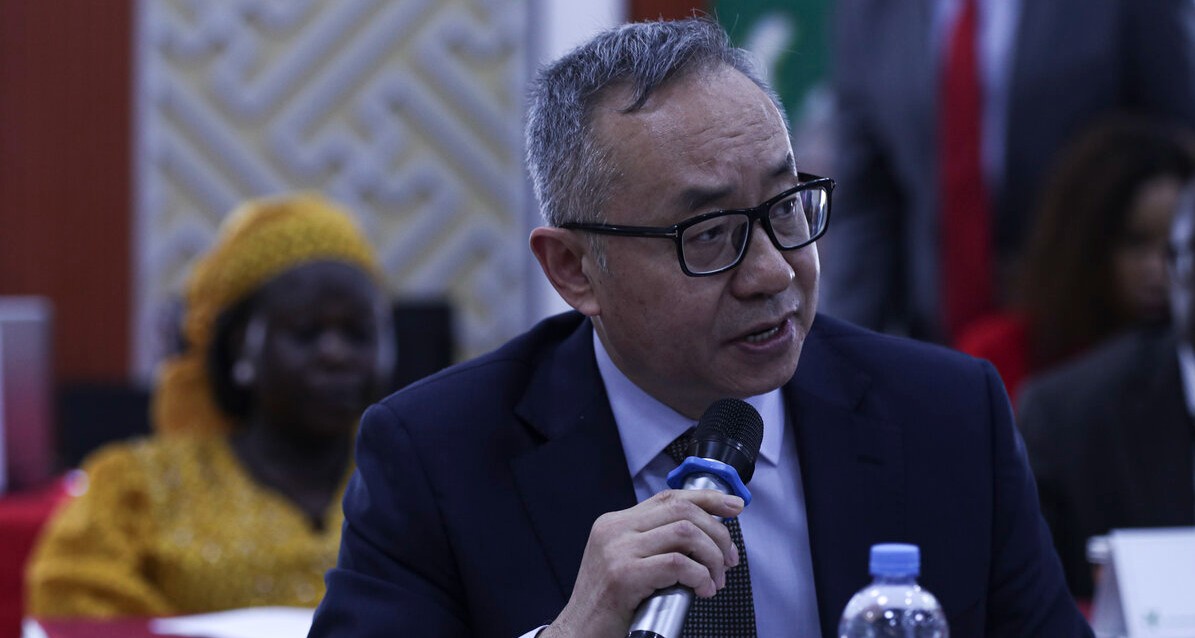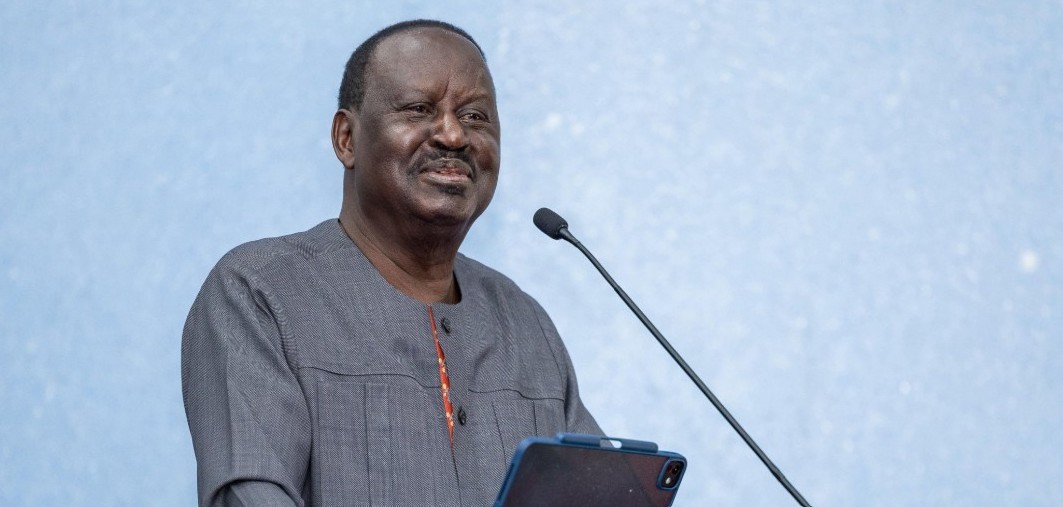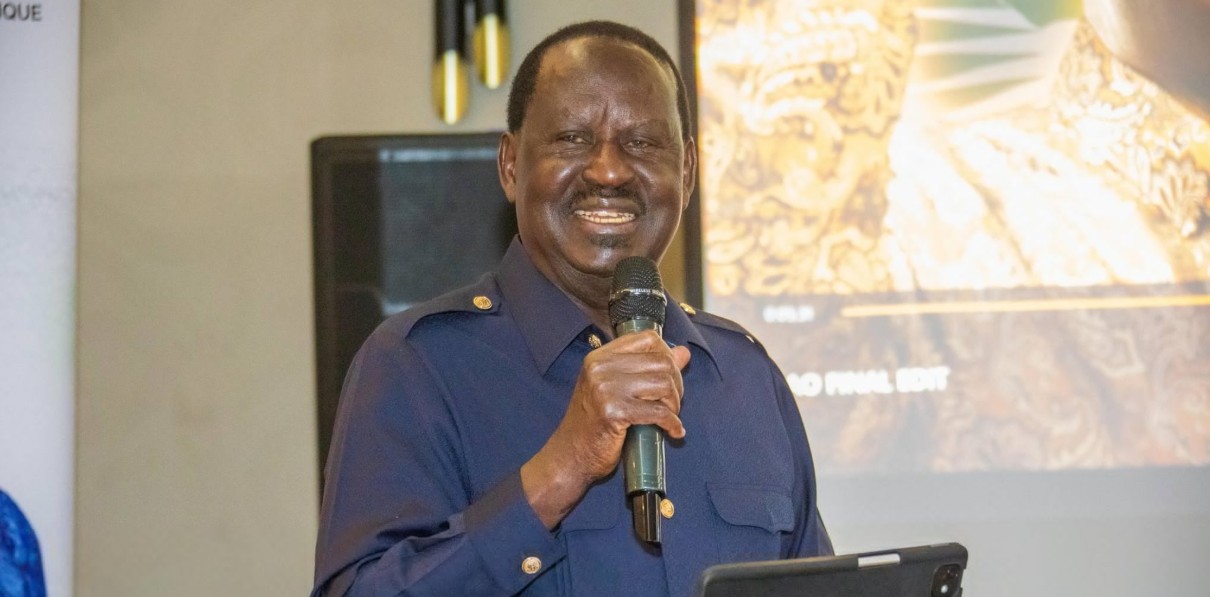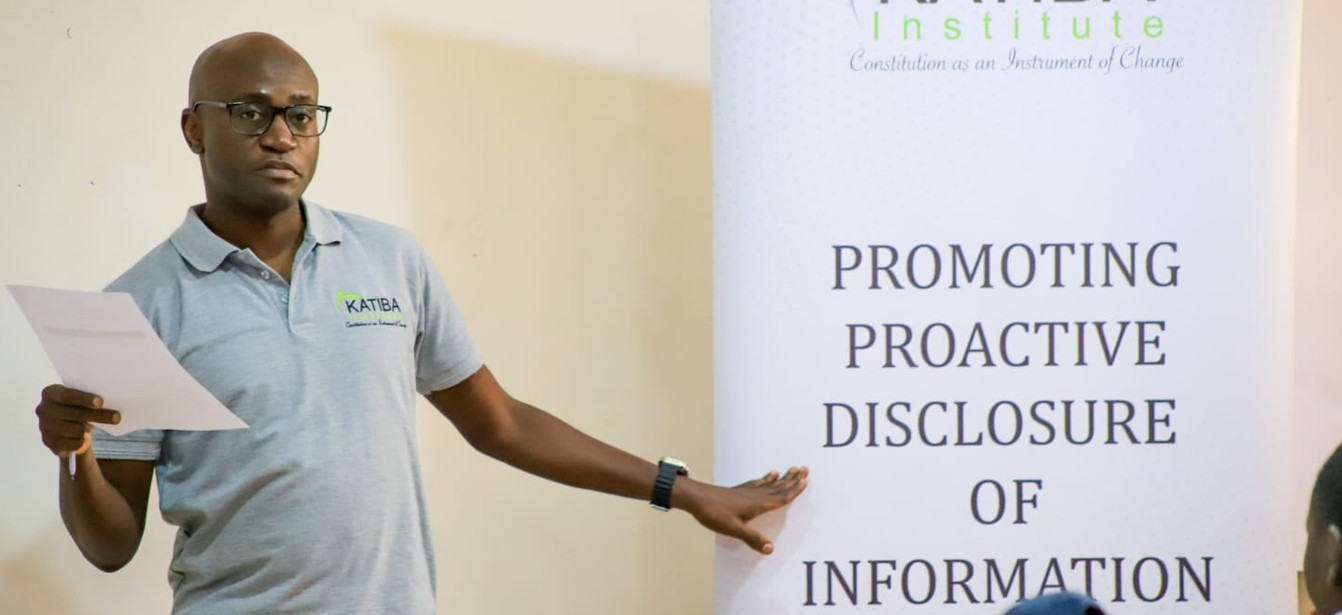AI revolution in Kenya: IT guru James Rege urges youth to tap digital jobs, global opportunities
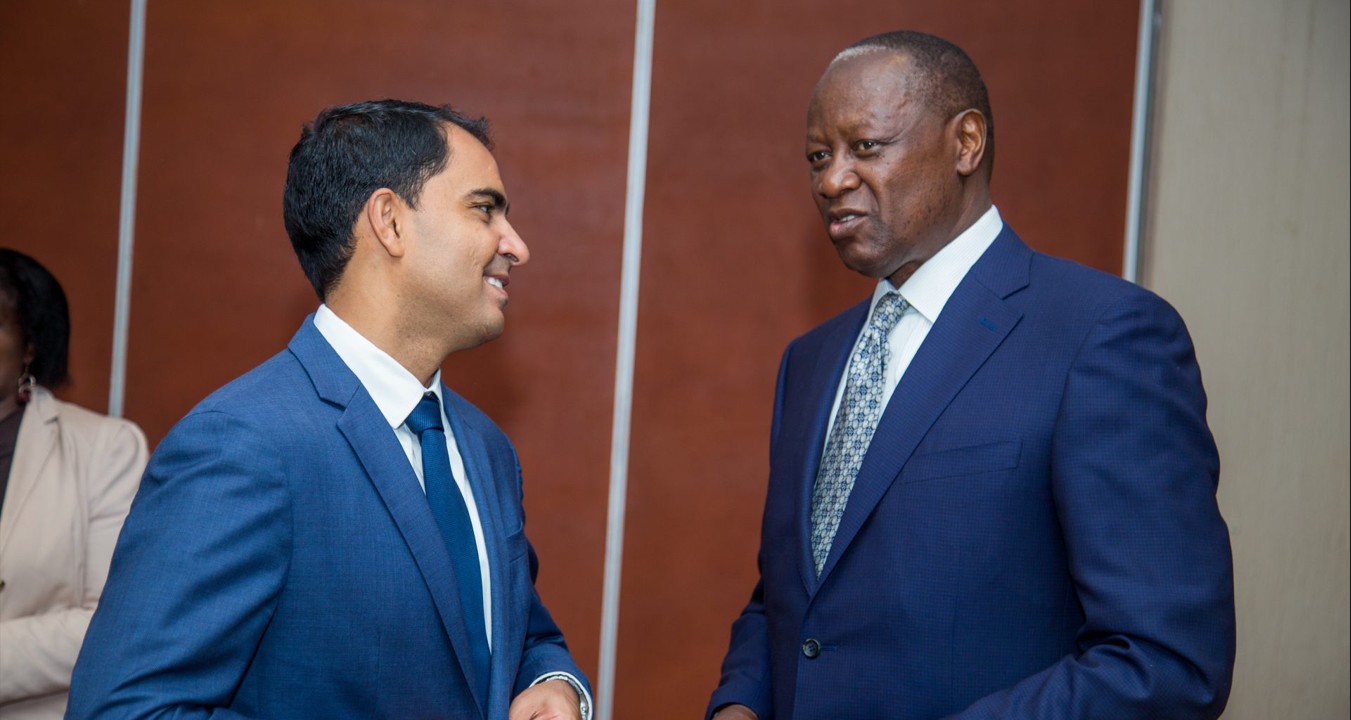
IT expert and former Principal Secretary for ICT, James Rege, said Kenya, like many African democracies, is on the brink of a major digital revolution, and young people are ideally placed to lead the charge.
The rapid growth of the digital space in Kenya and beyond, driven by advances in artificial intelligence, has opened up numerous opportunities in the tech sector.
Renowned IT expert and former Principal Secretary for ICT, James Rege, is urging Kenyan youth to take advantage of digital jobs and use AI to earn a living from wherever they are.
More To Read
- ChatGPT can now 'think and act' on your behalf: Here’s what you need to know
- Mercedes-Benz partners with Microsoft to bring video calls, AI tools into cars
- Big blow to AI creators as YouTube shuts off monetisation
- Google unifies Android and Chrome OS to power AI-driven cross-device experience
- Over 5,000 teachers in Kenya to receive AI and technology training for new senior school curriculum
- AI in exam marking? Experts say Kenya’s new education Bill prioritises profit over learning
Speaking to The Eastleigh Voice, Rege—also a former MP for Karachuonyo—said Kenya, like many African democracies, is on the brink of a major digital revolution, and young people are ideally placed to lead the charge.
“Young people in Kenya should know that artificial intelligence isn’t just a buzzword—it’s your generation’s gateway to creating sustainable job opportunities, driving innovation, and transforming lives across the continent,” said Rege.
Boost credibility
He advises young people to immerse themselves in online platforms like Coursera, Udacity, and edX, or tap into nearby tech hubs and universities, noting that certifications not only equip them with essential skills but also boost their credibility in a global market hungry for talent.
“Identify everyday African challenges in healthcare, education, agriculture, or finance, and design AI-driven solutions. Precision farming apps, AI-powered diagnostic healthcare tools, or personalised educational platforms can turn you into tomorrow’s entrepreneurial success stories,” notes Rege.
He emphasises that AI knows no borders and encourages young people to market their skills globally through freelance platforms like Upwork, Fiverr, and Freelancer.
“Your AI skills are in demand globally—exploit these websites to work from anywhere and draw globally competitive salaries. Participate in or create local tech and AI communities, including Google Developer Groups, Zindi communities, or Data Science Africa.”
Collaborations
He further suggests the need for deliberate collaboration between universities, governments, and private enterprises, noting that such partnerships can expand reach, attract funding, and offer mentorship from industry professionals.
Rege also advocates for the exploration of open-source AI platforms like TensorFlow, PyTorch, and Hugging Face, which he believes can be tailored to tackle uniquely African challenges, such as localising language models or developing predictive tools for sectors like agriculture and healthcare.
“Join the active discussions on ethical issues of AI, data privacy, and policy development. Your voice matters significantly to create responsible AI practices that are aligned with the values and priorities of your communities,” said Rege.
Build personal brand
He encourages youth to share their knowledge and journey through blogs, podcasts, YouTube, or social media—not only to build their personal brand, but also to educate, inspire, and empower others to join the AI revolution.
“Take advantage of international funding programmes and startup grants that are geared towards early-stage AI innovators, such as Google’s AI Impact. Your continent’s jobs of the future are powered by AI, and that future starts now,” noted Rege.
Rege’s views on AI come at a time when the technology is increasingly woven into everyday life in Kenya, powering information access, research, and new economic opportunities.
Educational institutions are also embracing the shift, with Jomo Kenyatta University of Agriculture and Technology (JKUAT) at the forefront through its digital innovation hub, JHub, which empowers young innovators to build AI-driven solutions for real-world problems and transform their ideas into viable businesses.
Lack of outlet
“I noticed a gap among students at JKUAT. They had innovative ideas but lacked an outlet to bring them to life. JHub was established to bridge this gap, helping students transform their concepts into businesses and projects that benefit society,” said Dr Lawrence Nderu, chairman of JKUAT’s Department of Computing, Founder of JHub Africa, and Co-Founder of the Green Digital Innovation Hub (gDIH).
JHub is currently running 32 active projects across sectors such as agriculture, health, and education—most of which began in April last year—intending to complete at least 15 by the end of 2026.
The hub collaborates with a range of institutions and organisations, including Microsoft, THiNK, United States International University (USIU), Dedan Kimathi University of Technology (DKUT), AI Kenya, and Nexford University.
Open to innovators both within and beyond JKUAT, JHub welcomes students from other universities as well as members of the surrounding community.
According to the United Nations Development Programme (UNDP), AI has the potential to boost Africa’s economy by around $1.2 trillion by 2030—an estimated 5.6 per cent increase in GDP—but experts stress that realising this potential will require focused investment in talent, infrastructure, and innovation-friendly policies.
Top Stories Today




